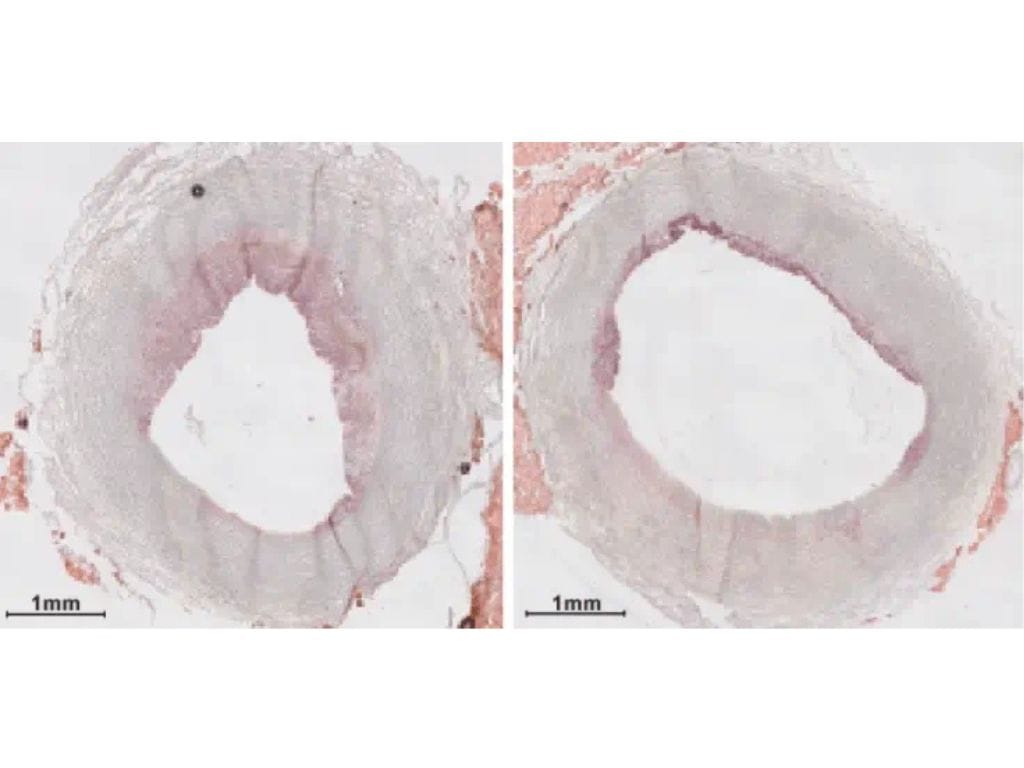Michigan State University researchers have created a new kind of nanotherapy that might revolutionize the treatment of cardiovascular disease, which is the top cause of death in the U.S. This innovative method is led by Bryan Smith and his team, and it primarily targets inflammation in arteries, a major factor contributing to heart disease.
Nanoparticles at Work
The treatment employs nanoparticles—tiny materials that are smaller than a human hair—to focus on immune cells that lead to plaque buildup in arteries. By targeting these cells, the nanotherapy encourages them to "consume" parts of the plaque core, which leads to a decrease in inflammation and minimizes the likelihood of heart attacks.
Promising Results from Testing
The team has tested this infusion on pig models and found that it significantly reduced artery inflammation without any noticeable side effects. This is a significant milestone for future human trials, bringing us closer to achieving safer and more effective cardiovascular treatments. Tackling highly inflammatory plaque is crucial, as it can unexpectedly rupture, resulting in serious heart attacks. As Smith pointed out, this kind of plaque is particularly dangerous because it doesn’t always block blood flow visibly, yet it can have deadly results.
Now that the therapy can be produced in quantities suitable for human application, clinical trials could be on the horizon. You can find the full study here.
MSU Today and Nature Communications


